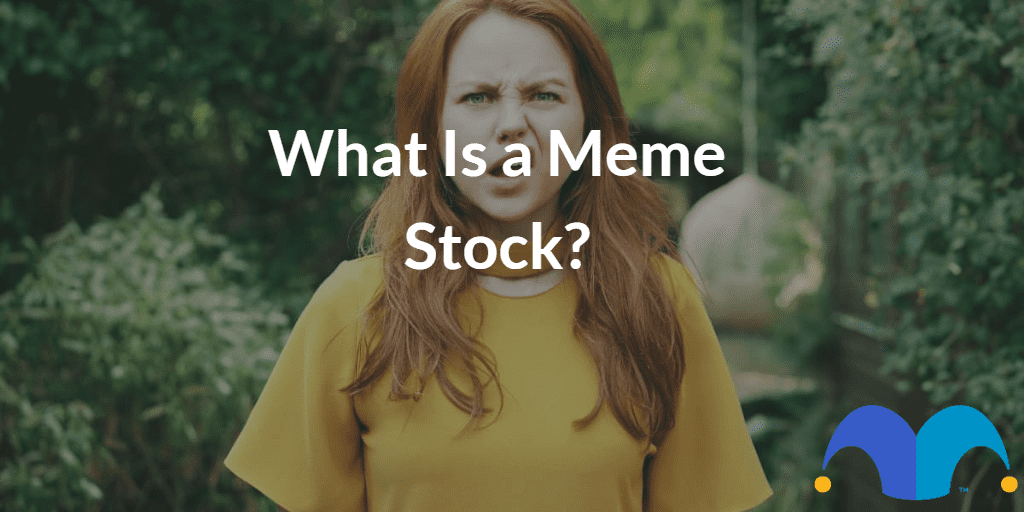You may have been heard lots of chatter recently about meme stocks. But what on earth are they? And, more importantly, are they exciting opportunities or best avoided?
Here’s a complete breakdown of meme investments and how things might play out for investors.
What are meme stocks?
Meme stocks are the shares of often low-priced companies that have experienced a recent surge in activity, usually fuelled by online social media platforms. Usually, they are businesses that are popular with short-sellers, but this isn’t a rule.
Shorting a stock means that there is interest from investors who believe that the price of the stock is going to drop. These investors place calculated bets that the price will fall. The result is that these stocks experience a lot of volatility because of the conflict between those who think the price will fall and those who think the price will rise.
The reasons motivating buyers of these meme investments are often not based on any kind of stock analysis. Supporting these businesses is more to do with the retail investing movement and showing the power of the people. Usually, short-sellers are larger financial players and groups such as hedge funds.
Where does ‘meme stock’ come from?
The origins of the term lie deep down the rabbit hole of the internet, much like the term ‘stonks’.
Most meme stocks come from places like TikTok, Reddit, and Twitter. These can be sketchy places to get financial information and investors should tread with extreme caution.
It’s impossible to deny that lots of investors seek investment guidance on the internet. We’ve spoken in the past about the pros and cons of using social media for investing advice. Although delivery of information can be quick and playful, you should be wary about acting on any tips from these sources.
Are they good investments?
This is an interesting question. Purely from a price perspective, some of these stocks have blown up in value. This will have made some investors a lot of money – providing they actually sell.
However, investing this way leans into the territory of gambling. There are few rational reasons why some of these companies have jumped in value other than the fact they’ve garnered a lot of online support from retail traders. Finding these stocks would not be the normal way you would try to identify a good investment.
So, although it’s possible to make money from a meme stock, I wouldn’t class them as a good investment because they don’t have longevity. These aren’t the kinds of shares to buy and hold for generations. It’s more fairytale hopes of buying and then flipping them for quick profits.
Should meme stocks be avoided?
The companies involved are legitimate businesses. There’s nothing dodgy about investing in a company like GameStop or AMC. But the problem is that the share prices in no way reflect reality.
In order for some of these meme stock companies to justify recent prices, they would have to be earning a heck of a lot more money than they actually are.
It’s really important to understand all of the risks involved when considering these stocks. The goals of investors rarely involve gambling or punting on random stocks.
Are there better ways to invest?
For those looking to invest for the longer term rather than get caught up in internet hype, there are loads of options.
Investing should be a process and not an attempt to try and make ridiculous gains in a short space of time. Using a share dealing account, you can invest in the businesses you think will still be around making money in many years to come.
You can also use an investing solutions provider to build and manage a portfolio for you if picking out your own choices is too much pressure. Any kind of investing involves some level of risk, but putting money into a meme stock is just about as risky as it gets. So be careful and always consider any moves carefully.
